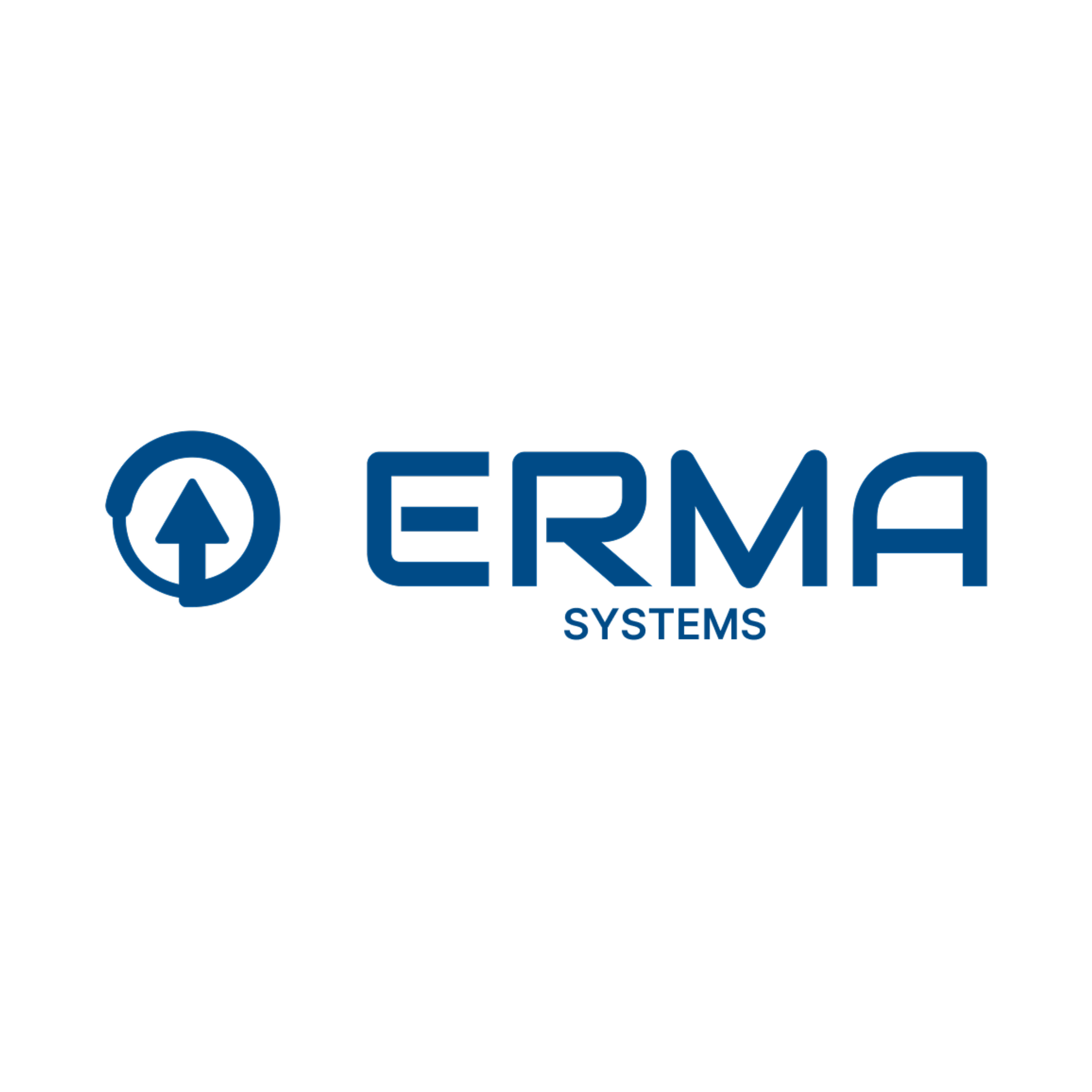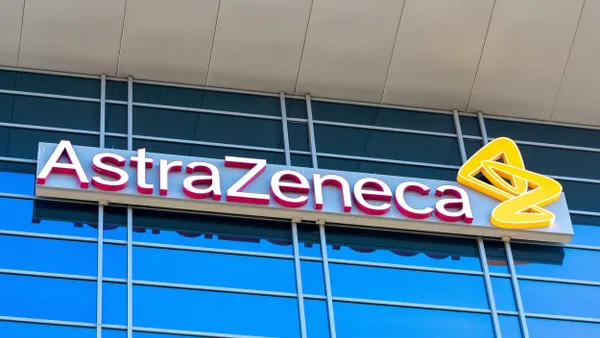Today, a brief rundown of news involving Pfizer and Sarepta Therapeutics, as well as updates from UroGen Pharma, Altos Labs and BioNTech that you may have missed.
A Food and Drug Administration advisory panel on Wednesday voted unanimously against expanding use of Pfizer’s Talzenna in prostate cancer. All eight committee members concluded Pfizer’s data weren’t strong enough to support Talzenna’s benefits in metastatic prostate cancer patients who don’t have a specific set of genetic alterations called “homologous recombination repair” mutations. Talzenna, a so-called PARP inhibitor, was approved for use alongside Xtandi in that particular group of prostate cancer patients in 2023. Pfizer has been hoping survival data accrued since then might convince the FDA to clear treatment in all people newly diagnosed with metastatic disease. — Ben Fidler
Agency panelists also declined to endorse a drug Urogen Pharma has been developing for a form of bladder cancer. Urogen is seeking clearance of the therapy, a formulation of the chemotherapy mitomycin, in a recurrent type of non-muscle invasive bladder cancer. But by a slim, 5-4 margin, FDA advisers determined the drug’s benefits didn’t outweigh the risks of treatment. UroGen shares fell by more than 50% following the vote. The FDA will issue a verdict by June 13. — Ben Fidler
Health authorities in the U.K. are allowing Sarepta Therapeutics to continue dosing in a trial called Envision, which is testing the company’s gene therapy Elevidys in people with Duchenne muscular dystrophy who either can’t walk or who still can, but are older. In March, Sarepta revealed a boy who received Elevidys died from acute liver failure, which led to a pause in testing in Europe. Writing in a Wednesday note to clients, Brian Skorney, an analyst at Baird, described the decision by U.K. regulators as a “favorable signal” for how the Food and Drug Administration and the European Medicines Agency may view Elevidys. — Ned Pagliarulo
BioNTech will invest up to £1 billion, or about $1.34 billion, in drug research in the U.K. over the next decade, the company said Tuesday. Alongside that commitment, BioNTech will receive as much as £129 million in grant funding from the U.K. government over 10 years, one of the largest grants the country has handed to a pharmaceutical company. That money will help BioNTech establish two new R&D centers, one of which will be based in Cambridge, England and focus on genomics, oncology and other research priorities. BioNTech will build a U.K. headquarters in London as well. — Ben Fidler
Altos Labs, a buzzy startup backed by billions of dollars in venture investment, has put some of its funds to use buying Dorian Therapeutics, a small privately held company based in San Carlos, California. In a LinkedIn post, Dorian CEO Maddalena Adorno wrote that Dorian’s cellular rejuvenation research will continue at Altos, which is studying the basis of aging and how that translates to disease. Dorian’s research started at the Stanford University School of Medicine “years ago,” Adorno wrote. — Ned Pagliarulo














